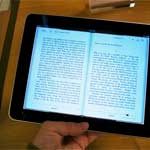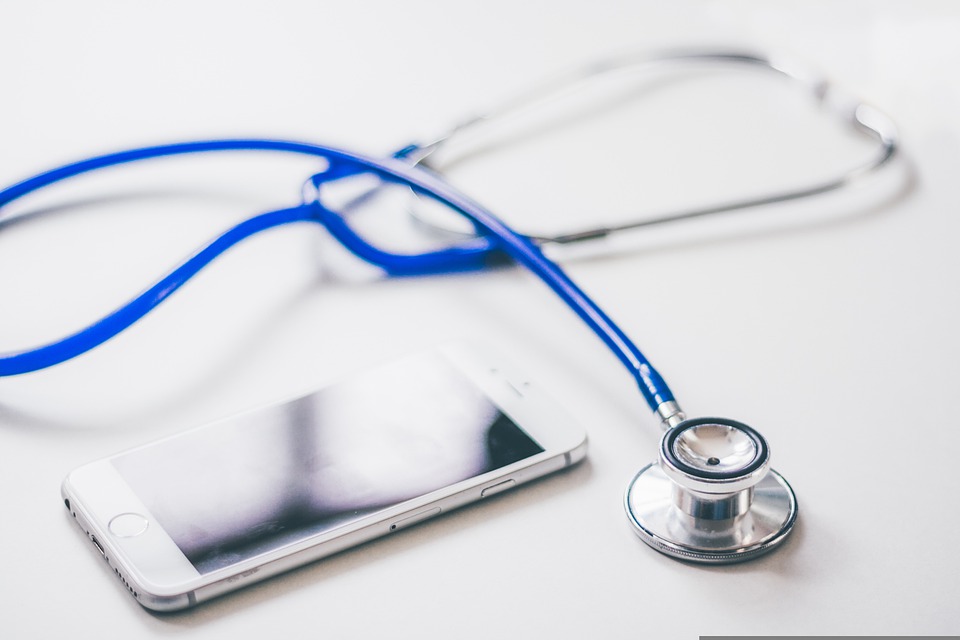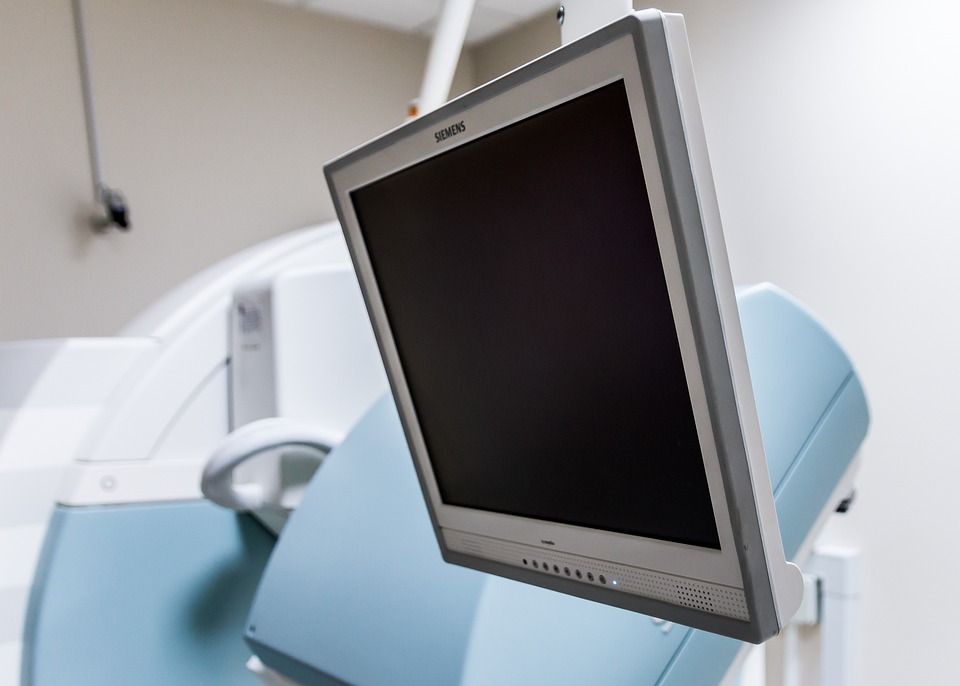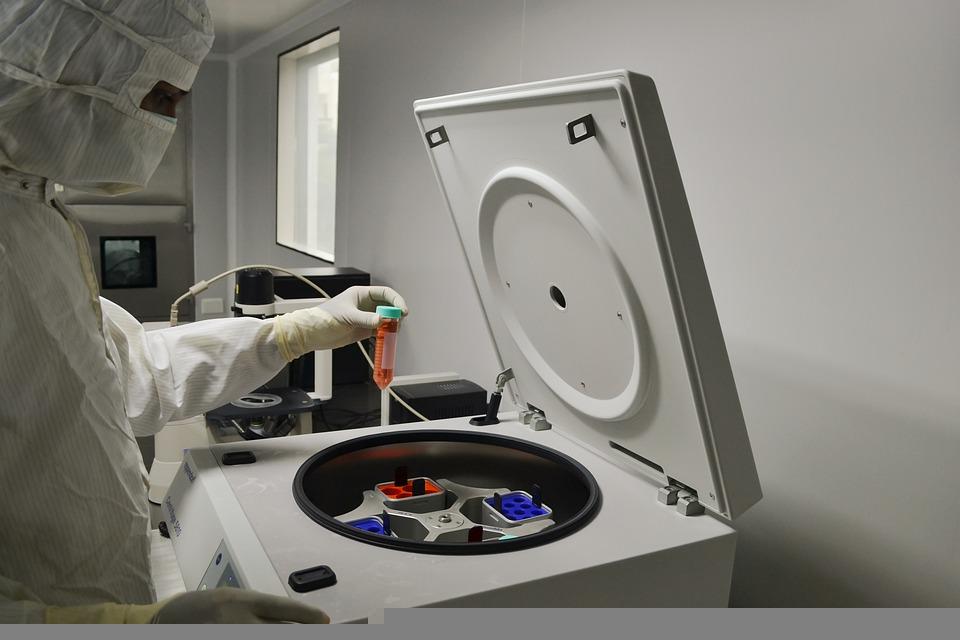Recently, iMedicalApps published a multi-part story about how iPad is making “the hospital rounds” as a tool for doctors and patients. While medical texts are still in the future, apps for the iPad — often developed by doctors and hospitals — have pushed the iPad into the medical realm. In this list of 10 ways that Apple’s iPad is changing healthcare, you can see that the iPad is used globally for learning and for many doctor-patient (and nurse) interactions and well as by individuals who work in health administration.

-
Apps for Surgery: Dr. Edward Bender, a computer programmer and cardiothoracic surgeon at Saint Francis Medical Center in Cape Girardeau, has brought research for heart surgery to the Apple iPhone and iPad through apps that doctors and patients can use to predict the risks of heart surgery and to help students and residents prep for procedures. Bender developed the apps on his own and worked with ARMUS Corp., a Silicon Valley IT company on design and functionality. Prices for the apps at the iTunes App Store range from free to $3.99 each.
-
iPad and RemoteScan for Electronic Medical Records: RemoteScan Corporation, the worldwide developer of software solutions for converting document scanners and digital cameras into network devices to be used with electronic medical record and financial management systems, has released iRemoteScan™ for the iPad and iPhone. Since 2003, RemoteScan software has enabled users to share and connect desktop scanners with all centralized document management systems, including those used with medical software products running on networks using RDP or ICA network protocol.
-
Home Doctor Visits: At Kalkaringi, Australia, the home of the Land Rights movement, Aboriginal Health Workers such as Dee Hampton are using the iPad, connected by Next G to Katherine West’s database located in a secure datacentre in Sydney, in her daily rounds of her elderly or “health clinic shy” clients at their home or at the shop. By connecting to the KWHB health clinics database via the iPad, healthworkers have a reasonably unobtrusive information package equivalent to the old days of taking the patients paper files with them — but with far more accessible portability.
-
Patient Consultations: In Japan, doctors use the iPad to assist them with explanations during patient consultations. Prof. Hiroshi Mizushima, a medical informatics expert at Tokyo Medical and Dental University, said: “Surprisingly, compared with other professionals, medical practitioners lag in their use of IT tools. Having said that, we can now use these tools in various situations, such as having patients use a touchscreen panel [device] to answer questions about their health during consultations, and using moving images to explain illnesses to patients.”
-
A Hospital Saves Money: Cherokee Regional Medical Center in Iowa uses the latest technology. Inspired by the seemingly endless possibilities available at her fingertips, Jessica Mattioda, a nurse supervisor at CRMC, recently spearheaded a project to implement multifunctional Apple iPads and medical apps into the facility’s day to day nursing practices. Application updates have the potential to save CRMC money by having the ability to download updates when available in lieu of purchasing books which can be quite expensive and outdate quickly.
-
Doctor Goes Paperless: Dr. Jon Mendelsohn, medical director of Advanced Cosmetic Surgery & Laser Center, is using several iPads as a way to take his office paperless. Patient charts will be securely loaded onto his iPad, so that they are accessible anytime he visits with a patient, including nights and weekends. Patients will use iPads to fill out paperwork and staff will use them as teaching tools with patients to go over procedures and pre- and post-operative instructions. Mendelsohn said he loaded his library of publications onto the iPads as well, so that patients can learn more about facial surgeries while in the waiting room.
-
iPad for People with Disabilities: Fine motor skills are really not required for the iPad, making this device a natural for anyone with diminished fine motor skills and other disabilities. Dr. Weber writes about one man with Parkinson’s Disease who used his iPad with ease, compared to a regular computer with a keyboard and mouse. Previously critical of iPad, Dr. Weber has “softened up a bit” after watching his friend go through the motions, and is now starting to think of other areas and other applications for the iPad that would be helpful for people who find working with a traditional keyboard and mouse difficult.
-
Hospitals Create Apps for Patients: Samaritan Hospital and Albany Memorial Hospital, members of the Troy-based health care organization Northeast Health, are now offering iTriage to consumers who use smart phones or smarty devices such as the iPhone, iPod Touch, iPad, Android devices and Palm, and will soon be offering it to Blackberry users. The application can be downloaded for free and provides access to information about Northeast Health hospitals, including specialty services offered, location maps and community services.
-
Hospitals and Patient Care: With its ten-hour battery life, Kaweah Delta hospital’s director of technical services, Nick Volosin thinks the iPad will replace the laptop for everyday office applications such as email, and also for checking X-ray images, EKG results, and patient monitoring programs. The hospital has been using the Citrix software on the iPhone for a while now, so integrating the iPad into the system is not expected to be a problem. And, despite the $500 per unit price on the device, the iPad is still affordable when compared to some specialized touchscreen tablets used by hospitals, which might cost $3,000 each.
-
Hospitals and Patient Education: The newly expanded Walt Disney Pavilion at Florida Hospital for Children in Orlando and St. Luke’s Health System in Boise, Idaho, last week began testing a customized version of an app called Medical Video jLog from Eagle, Idaho-based Unity Medical. Florida Hospital for Children will employ iPads as a way of explaining tests such as CT scans and MRIs to children with videos and interactive question-and-answer features. St. Luke’s has loaded its iPads with with about 20 educational videos on topics such as heart and vascular procedures and physical therapy.
Tagged as: apps for surgery, health administration, healthcare, hospitals, iPad, iPad apps, Parkinson’s disease
Did you enjoy this article?







